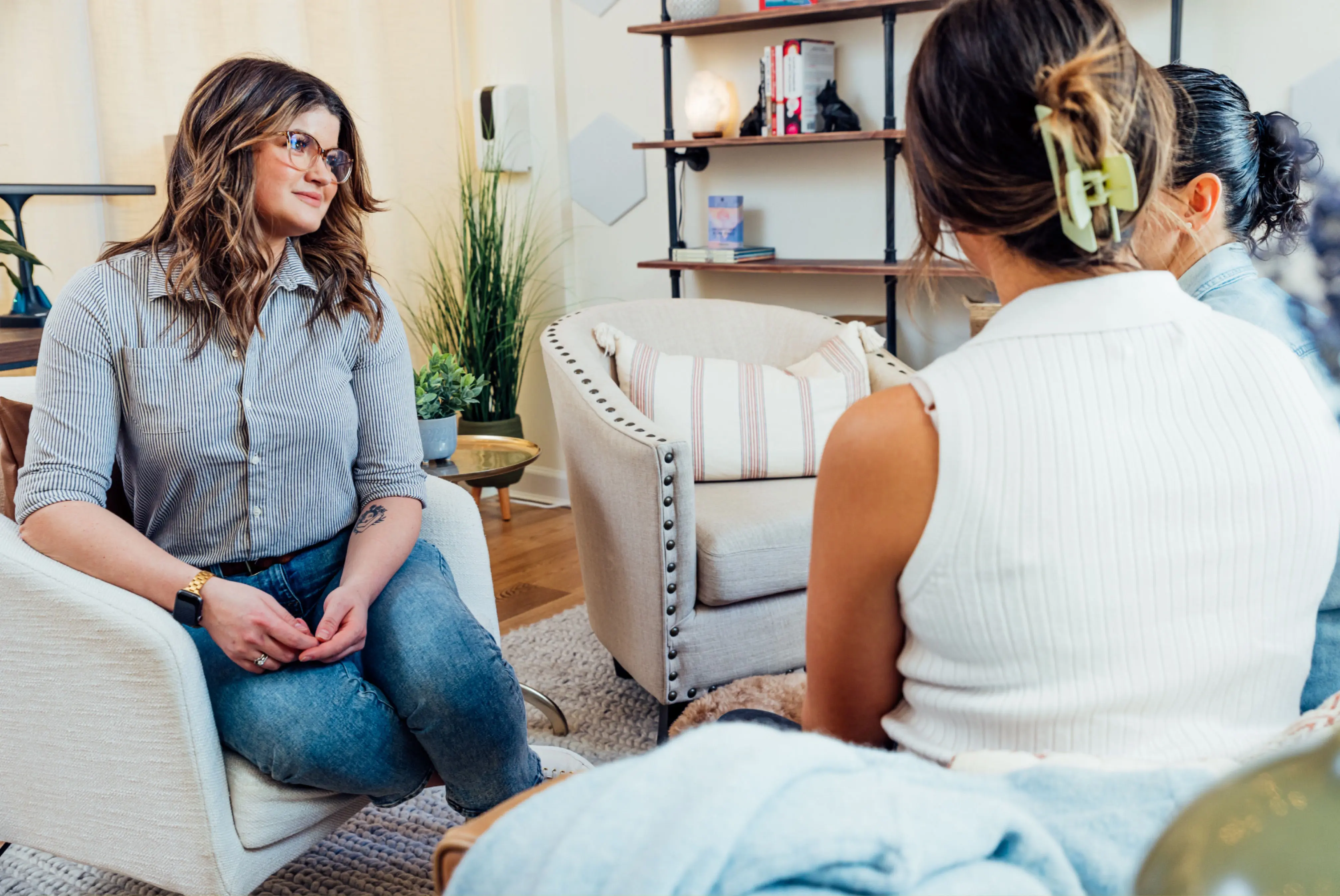24/7 Helpline:
(866) 899-221924/7 Helpline:
(866) 899-2219
Learn more about Klonopin Rehab centers in Crook County
Other Categories in Crook County

Other Insurance Options

Kaiser Permanente

Horizon Healthcare Service

WellPoint

Covered California

Self-pay options

Health Choice
Beacon

Optima

ComPsych

CareFirst

Providence

Multiplan

Choice Care Network

Coventry Health Care

UnitedHealth Group

CareSource

Ambetter

Anthem

Excellus

Medical Mutual of Ohio

Rimrock Trails Adolescent Treatment Services
Rimrock Trails Adolescent Treatment Services is a non-profit rehab located in Prineville, OR. Rimroc...





























































Lutheran Community Services – Central Oregon Office
Lutheran Community Services - Central Oregon Office is a non-proft rehab located in Prineville, OR. ...

Choices Recovery Services
Choices Recovery Services offers honest, down to earth counseling for addicts and alcoholics who wan...

G F Enterprises Counseling Services
G F Enterprises Counseling Services is a private rehab located in Prineville, Oregon. G F Enterprise...

BestCare – Prineville
BestCare – Prineville is a non-profit rehab located in Prineville, Oregon. BestCare – Prineville spe...

West Centers
West Centers is a private rehab located in Post, Texas. West Centers specializes in the treatment of...

AA – Alcoholics Anonymous
AA – Alcoholics Anonymous is a non-profit rehab located in Post, Texas. AA – Alcoholics Anonymous sp...














